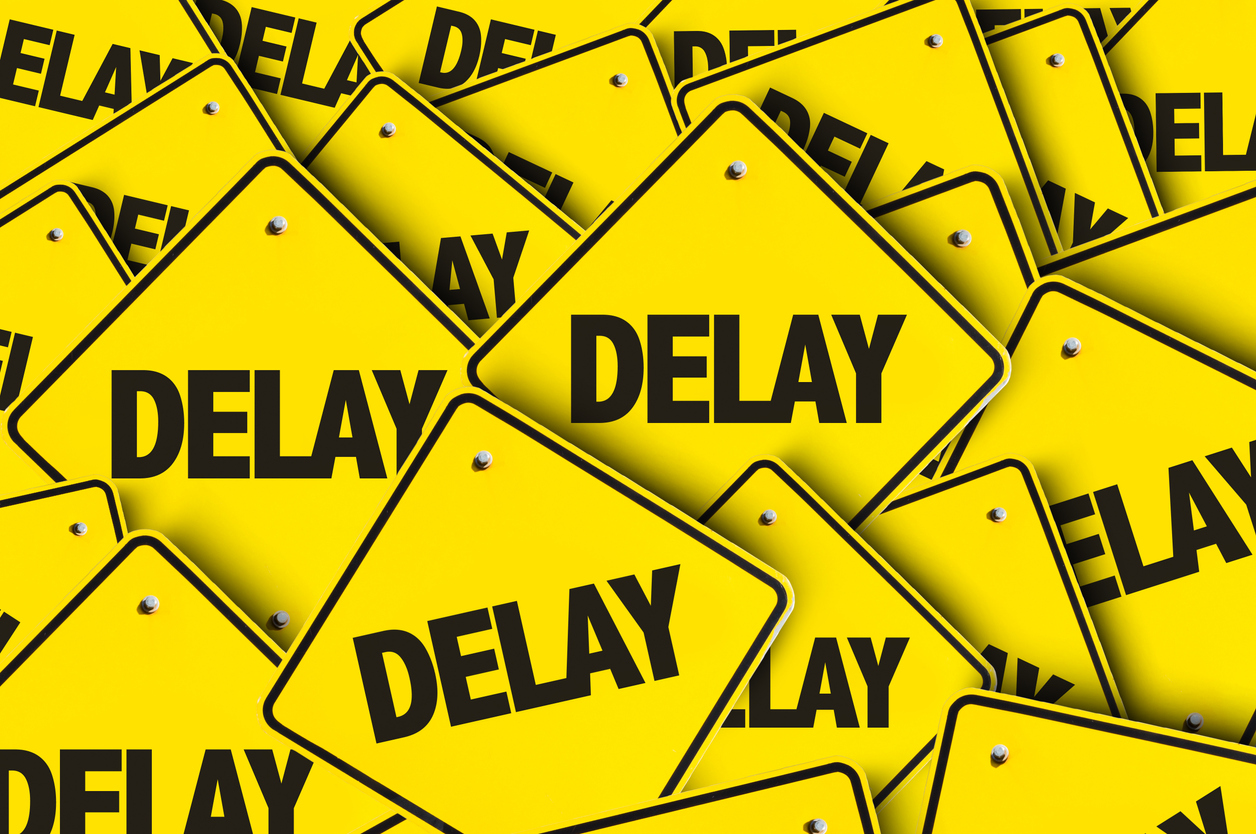Colorado, like most states, has imposed regulatory guidelines that govern insurance company claims handling procedures. Many of those regulations and statutes provide potential penalties that may be imposed when the adjustment process implemented by an insurer fails to comply with the standards enumerated. Title 3 of the Code of Colorado Regulations § 702-5-1-14 is a good example of the methods aimed at deterring such conduct. Due to the recent wildfires in Colorado leading to delayed payments and improper claims handling by numerous insurers, these regulations and the recourse they offer insureds are worth emphasizing.
The purpose of these regulations is to describe the procedure and circumstances under which penalties will be imposed for failure to make timely decisions and/or payment on first-party claims,1 and it applies to insurers authorized to write property and casualty insurance in the state of Colorado.2
The regulations mandate that insurers make a decision on claims and pay benefits due under the policy within sixty (60) days after receipt of a valid and complete claim unless there is a reasonable dispute between the parties concerning the claim and provided the insured has complied with the terms and conditions of the insurance policy.3 Failure by the insurer to adhere to this requirement will lead to the following penalties:
If an insurer fails to make a decision and/or pay benefits due under the policy within sixty (60) days after a valid and complete claim has been received, and there is not a reasonable dispute between the parties, and the insured has complied with the terms and conditions of the policy of insurance, the Commissioner of Insurance may impose the following penalties to be paid by the insurer to the insured:
(1) If the claim is $100.00 or less, the penalty shall not be more than $20.00;
(2) If the claim is more than $100.00, the penalty shall be 8 percent annual interest on the amount of benefits due, computed from the latest of the time a valid and complete claim is received, the reasonable dispute was resolved, or the insured complied with the terms and conditions of the policy, until the time the benefits due are paid by the insurer.4
In addition to such penalties payable to the claimant, the Commissioner of Insurance, after notice and hearing, may assess a civil penalty against any insurer of $100.00 per day for each day benefit payments are delayed more than sixty (60) days after a valid and complete filing of the claim unless there is a reasonable dispute between the parties concerning such claim.5
While the potential penalties are fairly clear, determining what constitutes a “valid claim” or “reasonable dispute” is the first question most readers ask after reviewing Sec. 4(A). Luckily, the regulations attempt to resolve that ambiguity by providing clarification of those terms.
A valid and complete claim is deemed received by the insurer when:
(1) All information and documents necessary to prove the insured’s claim have been received by the insurer;
(2) A reasonable investigation of the information submitted has been completed by the insurer, in compliance with § 10-3-1104 , C.R.S.;
(3) The terms and conditions of the policy have been complied with by the insured;
(4) Coverage under the policy for the insured has been established for the claim submitted;
(5) There are no indicators on the claim requiring additional investigation before a decision can be made; and/or
(6) All repairs have been satisfactorily completed and the insured has given authorization to pay; and/or
(7) Negotiations or appraisals to determine the value of the claim have been completed; and/or
(8) Any litigation on the claim has been finally and fully adjudicated.6
A reasonable dispute may include, but is not limited to:
(1) Information necessary to make a decision on the claim has not been submitted or obtained;
(2) Conflicting information is submitted or obtained and additional investigation is necessary;
(3) The insured is not in compliance with the terms and conditions of the policy;
(4) Coverage under the policy for the loss claimed has not been determined;
(5) Indicators are present in the application or submission of the claim and additional investigation is necessary;
(6) Litigation is commenced on the claim; or
(7) Negotiations or appraisals are in process to determine the value of a claim.7
It is also important to note that although the regulations do not provide an exhaustive list of what may amount to a reasonable dispute, the burden is on the insurer to establish that a reasonable dispute existed to avoid being subject to penalties.8
While the purpose of these Colorado regulations may be to penalize and deter insurer delay/misconduct, the recent catastrophes suffered by Colorado policyholders have revealed the ineffectiveness of these state regulations. Some insurance companies acknowledge when payment has been unreasonably delayed and unilaterally issue interest payments in an attempt to remedy the hardships caused. For those that fail to recognize the improper delay and continue to operate around the regulations designed to remedy this conduct, our firm is ready to hold them accountable.
_________________________________
1 3 Colo. Code Regs. § 702-5-1-14 Sec. 2.
2 3 Colo. Code Regs. § 702-5-1-14 Sec. 3.
3 3 Colo. Code Regs. § 702-5-1-14 Sec. 4(A).
4 3 Colo. Code Regs. § 702-5-1-14 Sec. 4(A)(1)(b).
5 3 Colo. Code Regs. § 702-5-1-14 Sec. 4(A)(1)(c).
6 3 Colo. Code Regs. § 702-5-1-14 Sec. 4(A)(2)(a).
7 3 Colo. Code Regs. § 702-5-1-14 Sec. 4(A)(2)(b).
8 3 Colo. Code Regs. § 702-5-1-14 Sec. 6.




